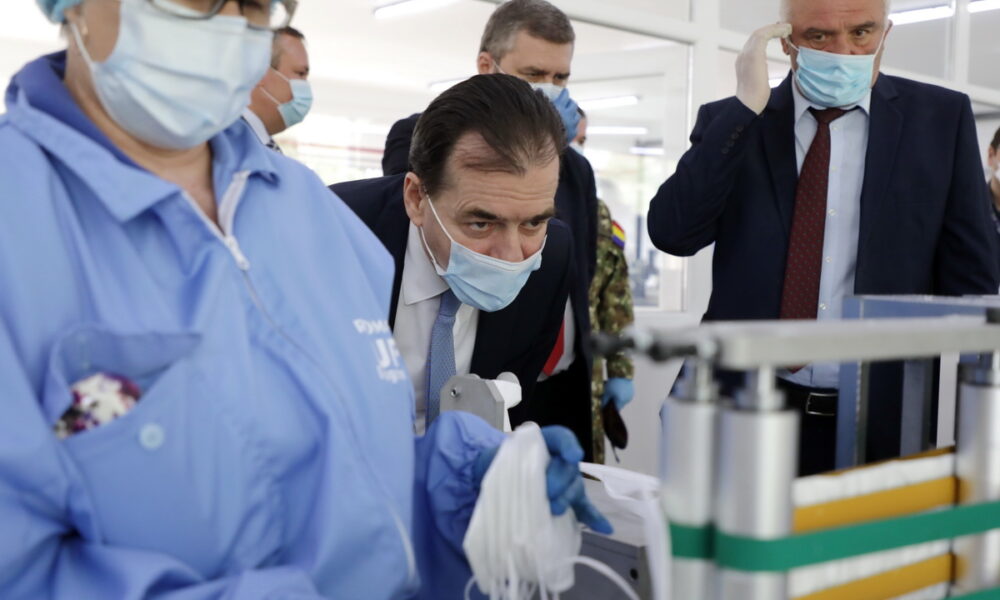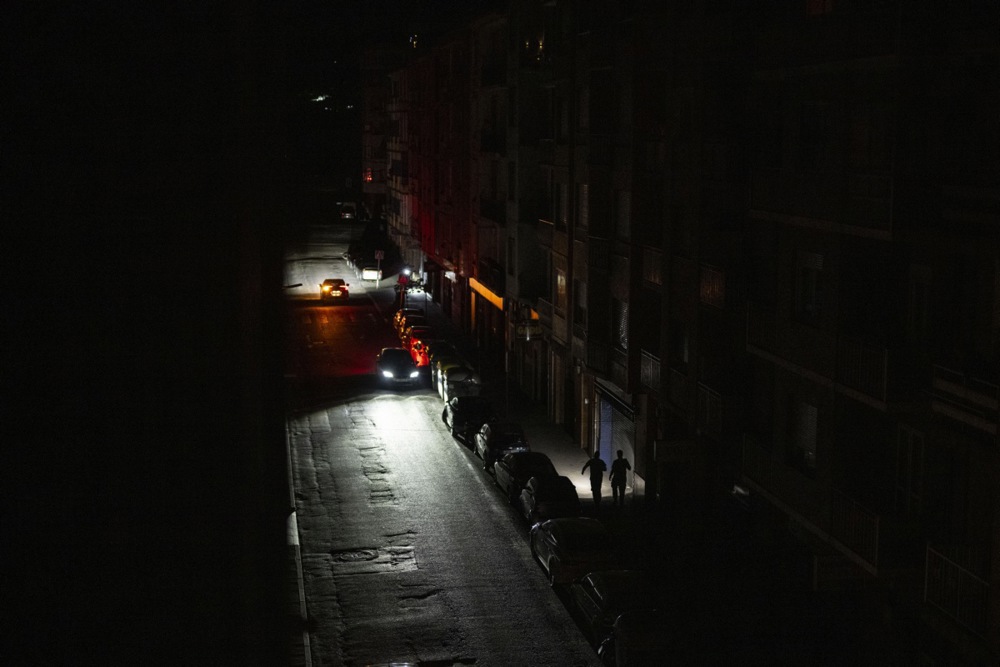Who reads today and how

« Reading Practices in Bulgaria. 2006-2022 »
Under the scientific leadership of Prof. Alexander Kyosev, Jeanette 45, 2024
The book is the result of a 16-year study of readership practices in Bulgaria. It began in 2006 at the initiative of the Alpha Research sociological agency and the Bulgarian Book Association, later the Academic League for Southeastern Europe has been included, and since 2014 the cultural center of Sofia University has been the leading center.
The project manager is Prof. Alexander Kyosev, author of the exceptional book « The Quaraling Around Reading » (« Ciela », 2013). Her interdisciplinary is already suggesting what the character of the project is. It includes sociologists, anthropologists, culturalologists, psychologists, literary schools and researchers of digital humanities, as well as discussions with representatives of guilds who provide the « infrastructure » of readers’ practices – librarians, teachers, publishers.
Prof. Alexander Kyosev: In the education system, « cultural schizophrenia » occurs
The picture of reading is complicated by rapid changes in the digital era. There is a battle of models, « we no longer know what » good reading « is, notes Prof. Kyosev. Readers’ readings, types of readings, duration and rhythm are changed, their understanding of the book-teachers and librarians are marginalized, the alleges are almost disappeared. The youngest, there is a gap between the good results of reading the 11-year-olds and the « crash of the 15-year-olds », which the project manager calls « cultural degradation » through puberty.
A huge database has been collected, analyzed and summarized by different perspectives. The sociological team, led by Assoc. Prof. Boryana Dimitrova, captures the transition around 2014 – from television as the main competitor of the book to growing digitalization and its respective alternative ways of reading. Reduces the number of pages read, reading becomes more fragmented, more on reference books and information readings.
By 15-20% has reduced paper reading, the number of those who have not read a single book in the last year increased from 2014 to 2021 by 6%., and to those who declare that they « hardly read », from 19.9% in 2014 to 26.2% in 2021. Active readers are about 10% of the adult population, of them the « passion » are 4%. Of the people for whom reading is a common occupation, only 11% are up to 30. The reading person turns out to be aimed at other cultural events as well as to civil causes. Active reading is closed in groups of urban intelligentsia, but they also shrink. The younger people are, the less important is reading in their lives. At the same time, however, its prestige – according to the anthropological part of the project, is increasing.
Prof. Alexander Kyosev: The destruction of the Berlin Wall has been replaced by new walls
It analyzes 63 student works describing practices of individual readers of different generations, It is clear from the text of Galina Goncharova. Monika Vakarelova examines various readership styles – reading, escaping reading – with a detachment from responsibilities, free time reading without high criteria, reading for cultivation, in -depth reading. It is noticed that the students who wrote coursework are aware of the classic norm of in -depth reading, some of them even have a sense of guilt that they do not read well and enough. They admire the pleasure of the book that their parents experience, but their leisure preferences are different.
In the third part The project includes literary analysis how Bulgarian literature imagines its audience and what it requires from itS Other texts are problematizing reading in the digital era – Alexandra Glavanakova focuses on digital writing forms and new literacy, Julia Rone – reading on Facebook. In addition to the results of the discussions with teachers, publishers, librarians, analyzes can also be read by Georgi Nyagolov – for the student reading through the eyes of teachers from the high school stages, Natasha Vassileva for PISA 2018 and the readable literacy of students, Monika Dimitrova – for campaigns with which different countries encourage.
The book is mainly intended for researchers, but hopefully it comes to those who are involved in education policies. There are also recommendations for them at the end.










